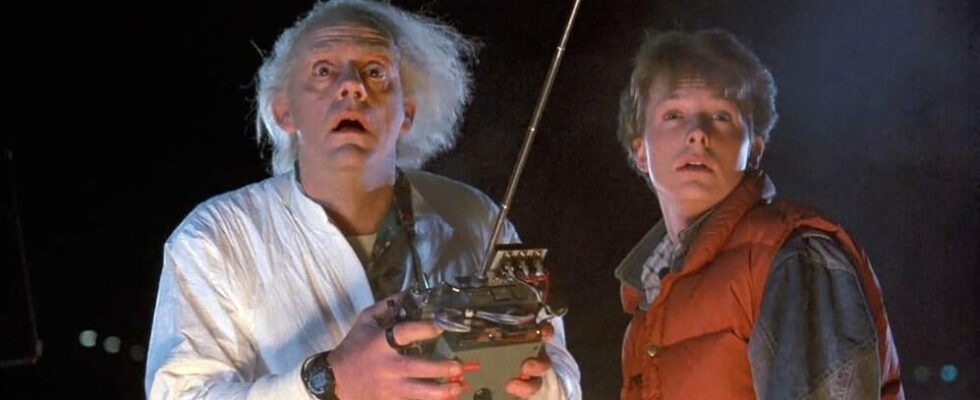The right to one’s own image has also been discussed a lot in Germany in recent years. There was a similar discussion in Hollywood in the early 1990s, the result of which had a significant impact on the film landscape. That had to do with being an actor Crispin Glover did not reprise his role from Back to the Future – and can still be seen in the film. This led to a major legal dispute, the effects of which are still felt today.
Crispin Glover didn’t agree with the script for Back to the Future II
In an interview on SiriusXM in 2013, Crispin Glover spoke about how he didn’t like the script for Back to the Future II. For him it was too much about materialism and propaganda. He was referring to the fact that at the end of the film the characters were rewarded with material values and money instead of love. And even though love played a big role in the end, from his perspective it was tainted with money.
https://www.youtube.com/watch?v=lcG61w474zY&ab_channel=SiriusXM
For him, this was the beginning of a huge dispute between himself and the film’s production. Screenwriter Bob Gale, however, claimed that the argument began when Crispin Glover wanted more money. A statement that Glover partially contradicts in the interview. He would have asked for more money, but not as much as Gale would claim.
Crispin Glover was still seen in the film – and sued the studio
Without Glover’s involvement, the studio was forced to recast the role of George McFly. Actor Jeffrey Weissman was hired. So that the audience didn’t have to get used to a new face, Weissman was given prosthetics that were used in the previous film to make George appear older. This made Weissman look more like his predecessor. Additionally was Footage from the first part used, to complement the scenes from the 50s. Glover found the latter in particular to be wrong.
The studio’s use of the actor’s footage and appearance without involving the actor himself led Glover to sue the company. In the end the parties were able to agree out of court, but the aftermath of the dispute was to last. According to an article by The Hollywood Reporter, Glover and his lawyer suspected that this dispute could become important. You should be right.
There are now technologies such as holograms and deepfakes through which actors can be rejuvenated or deceased stars can even appear on screens and stages again. Crispin Glover’s preparatory work made actors aware of the consequences of such developments at an early stage.
As the Hollywood Reporter notes, Glover’s procedure did not set a legal precedent, but has since served as a warning and guidance for producers and actors alike. Not least thanks to his lawsuit, digital copies of faces and bodies are now an important part of contract negotiations.
